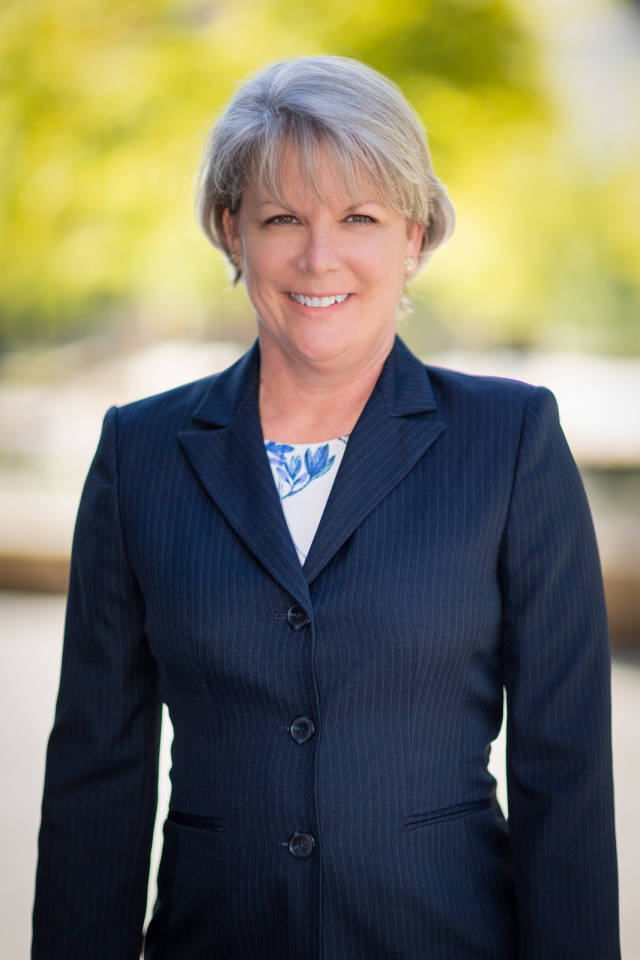One in five California students lack access to the internet, and 50 percent of low-income families (and 42 percent families of color) don’t have a device at home for their child to access distance learning. So, by our state’s own calculations, pretty much half of the students in the state haven’t been able to go to school during the pandemic.
There have been many efforts, both locally and across the state, to “bridge the digital divide” and provide these families the tools they need to get students online, learning. Internet service providers have been asked to do more to bridge these gaps.
However, what they’ve come up with so far is no more than a short-term solution, according to Andrea Bennett, the Executive Director of CITE (California IT in Education). Bennett and CITE recently sent a letter to the CEOs of large internet service providers (ISPs) asking for more long-term assistance for students and families as they deal with the COVID-19 crisis.
“There were hotspots donated, which is great, it’s a nice gesture, but the extent of the service had originally been ending May 30,” Bennett said in an interview. “And then they said they would extend it to June 30.
“Our letter said, ‘You need to continue to support schools,” Bennett continued, “throughout this crisis, and it’s not nearly over. And by the way, you should probably support schools until the end of time.”
In the letter, CITE asks ISPs to:
- Ensure families continue to have access to free internet service beyond June 30, and beyond any promotional period until a long-term solution can be developed. (That is, “truly free internet” beyond any promotional period.)
- Continue to remain flexible and adapt policies to address the needs of students and families as California shifts to modified instructional models. (No one knows what the future holds, regarding the pandemic and distance learning, so ISPs shouldn’t be locking in any dates or pledges they can’t alter as the facts on the ground change.)
The letter was sent May 13. There hasn’t been much of a response from ISPs yet.
“I don’t know if we have their ears yet but we’re working on getting our members to speak up and say ‘Hey, this isn’t going to work,” Bennett said. “This isn’t a long-term solution.”
CITE collaborates with Capital Advisors Group (CAG), a K-12 lobbying firm in Sacramento, informing on what’s happening on the ground with schools so it can inform the state legislature. “Maybe we can plan things in a different way so the funding is there for a more level playing field for the next couple of years,” Bennett said.
Bennett said CITE is also keeping an eye on federal dollars, but the sources of funding and how they’re distributed are moving targets. “You think you have a handle on it, then something changes,” Bennett said.
Bennett said there are more lobbying efforts being organized because there isn’t a common understanding among state lawmakers of what it will take to reopen schools, and the complexity of the issue.
“Reopening schools isn’t just a matter of getting everyone hand sanitizer and wiping down the desks,” Bennett said. “It’s incredibly complicated and without funding, it can’t happen.”

